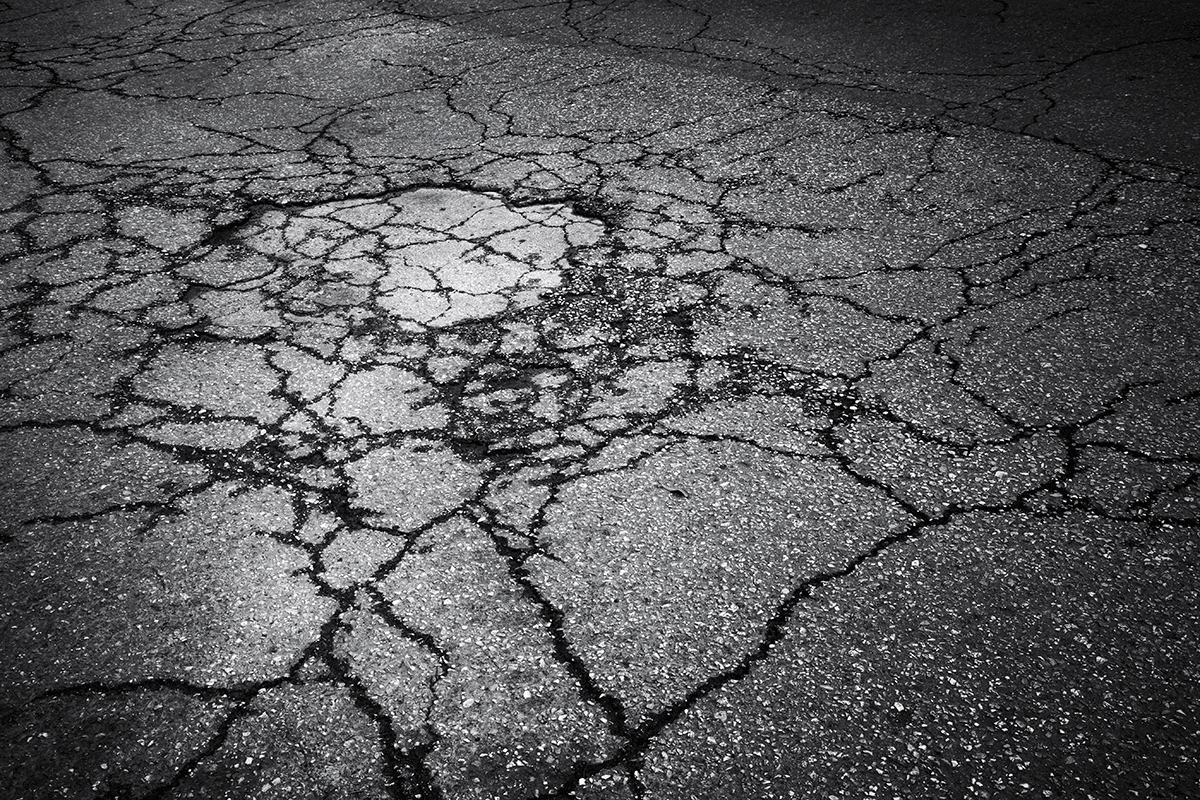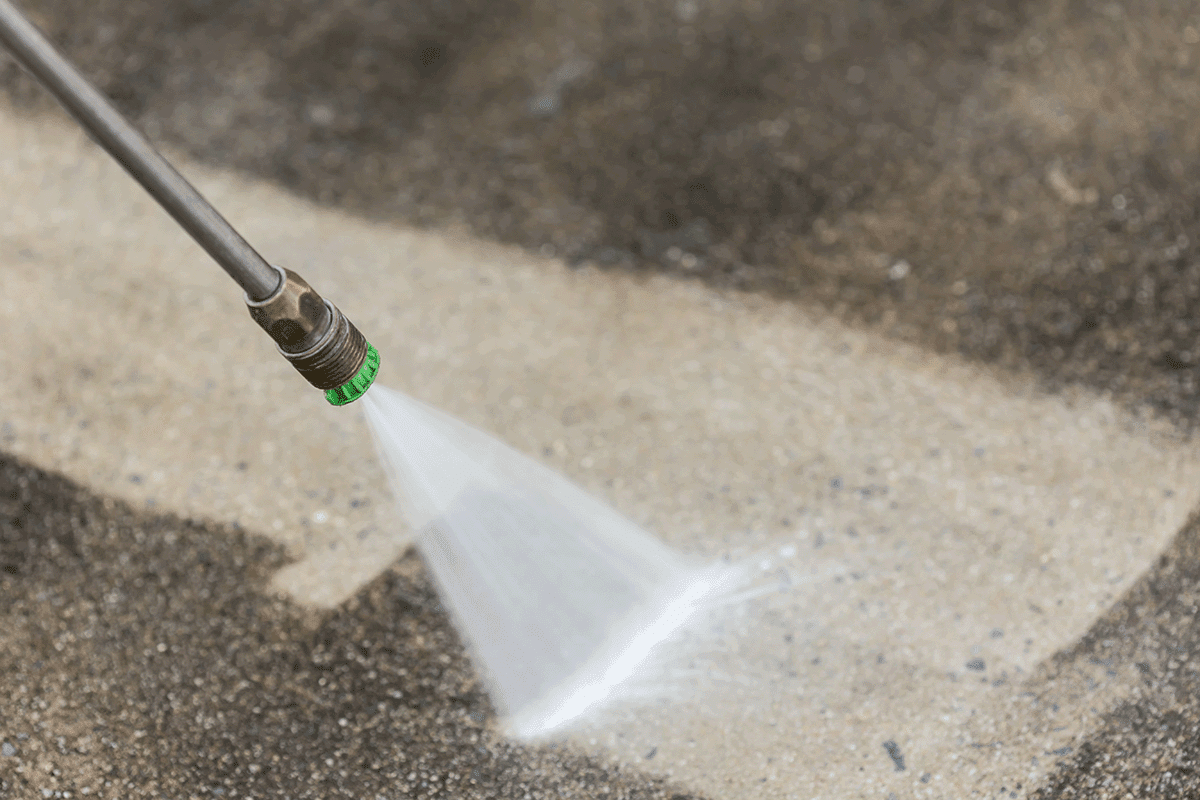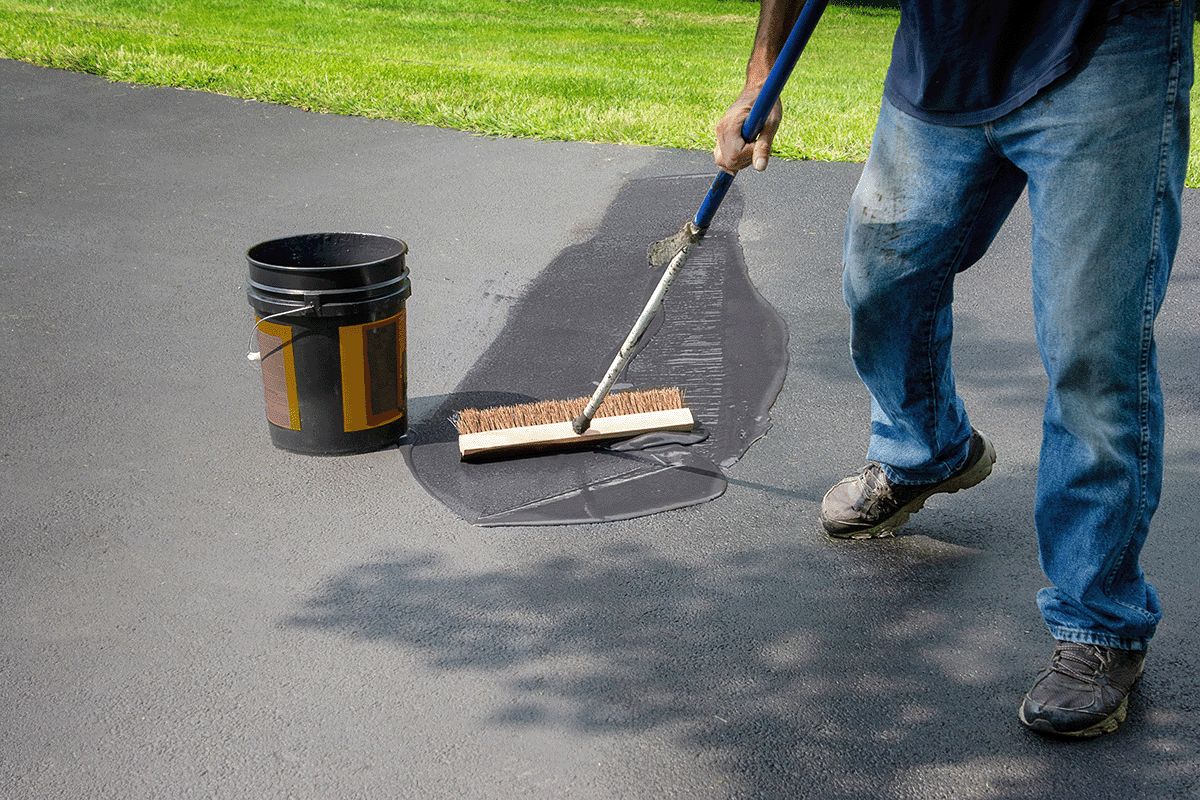Updated October 15, 2022
Asphalt driveway maintenance doesn’t have to be confusing. Here are a few things to keep in mind when considering routine maintenance and repair for your asphalt driveway.
Asphalt surfaces are particularly susceptible to wear and tear, both from weather and vehicles, especially the grade of asphalt commonly used on driveways. That’s why an asphalt driveway requires regular maintenance and sealing is necessary every three to five years.
Inspecting your driveway
A great time to inspect your asphalt driveway is when you’re washing it down. To make sure your driveway lasts and looks its best, clean it at least twice a year with a stiff broom and a strong hose spray to remove all dirt and debris. If you have a pressure washer available, that can also be used to clean debris off the surface fo the driveway. Look for cracks or fissures that need to be repaired while you’re washing. These should be patched up and remedied immediately to keep them from becoming a larger problem.
Help, my driveway is cracking!
While both asphalt and concrete are almost guaranteed to crack in some places, asphalt is more flexible, which makes it less susceptible to cracking. When asphalt does crack, it often stops short of a long fault-line crack that extends from edge to edge, like concrete cracks commonly do. Sealing all the cracks soon after they appear is one of the best things you can do to ensure the longevity of your asphalt driveway.
How do I know when my asphalt driveway should be sealed?
You should plan to seal your asphalt driveway every one to three years. You’ll know when it’s time to seal your driveway if you can see the color of the individual stones that make up your asphalt surface.
There are a few things to keep in mind before you start sealing, however. First, never seal a new asphalt driveway as asphalt needs a minimum of six months for the oils in it to evaporate. The less oil, the harder the driveway, which is the goal. If you apply driveway sealer before your asphalt has time to properly cure, it won’t achieve the necessary hardness. Other things to consider are the outside temperature — which must be fifty degrees Fahrenheit or higher for the sealer to adhere properly — and precipitation. You will want your sealer to be applied to your driveway for at least 48 hours before it rains.
What are the benefits of sealing my driveway?
Sealing your driveway has many benefits. First, a properly applied driveway sealer repels water — the single most harmful agent when it comes to damaging asphalt surfaces. Asphalt has a natural tendency to crack if water is allowed to permeate it. Once those cracks appear, water further damages the driveway, especially in cold climates where it expands and contracts with freezing temperatures.
Other things that can damage your driveway include sunlight and oxygen, both of which aid in corrosion. By applying a quality driveway sealer on a regular, as-needed schedule to your asphalt driveway you can prevent these problems. As an added benefit, driveway sealing also repels oil spills and leaks, making it much easier to keep your driveway surface clean.
Ready to have your asphalt driveway maintained by a team of professionals?
Contact us now for a free estimate!
Regular asphalt driveway maintenance is the most cost-effective way to protect your driveway. Schedule a free consultation with All-Rite Asphalt Sealcoating. We still have fall openings. Contact us or call us directly at (508) 520-6550.



